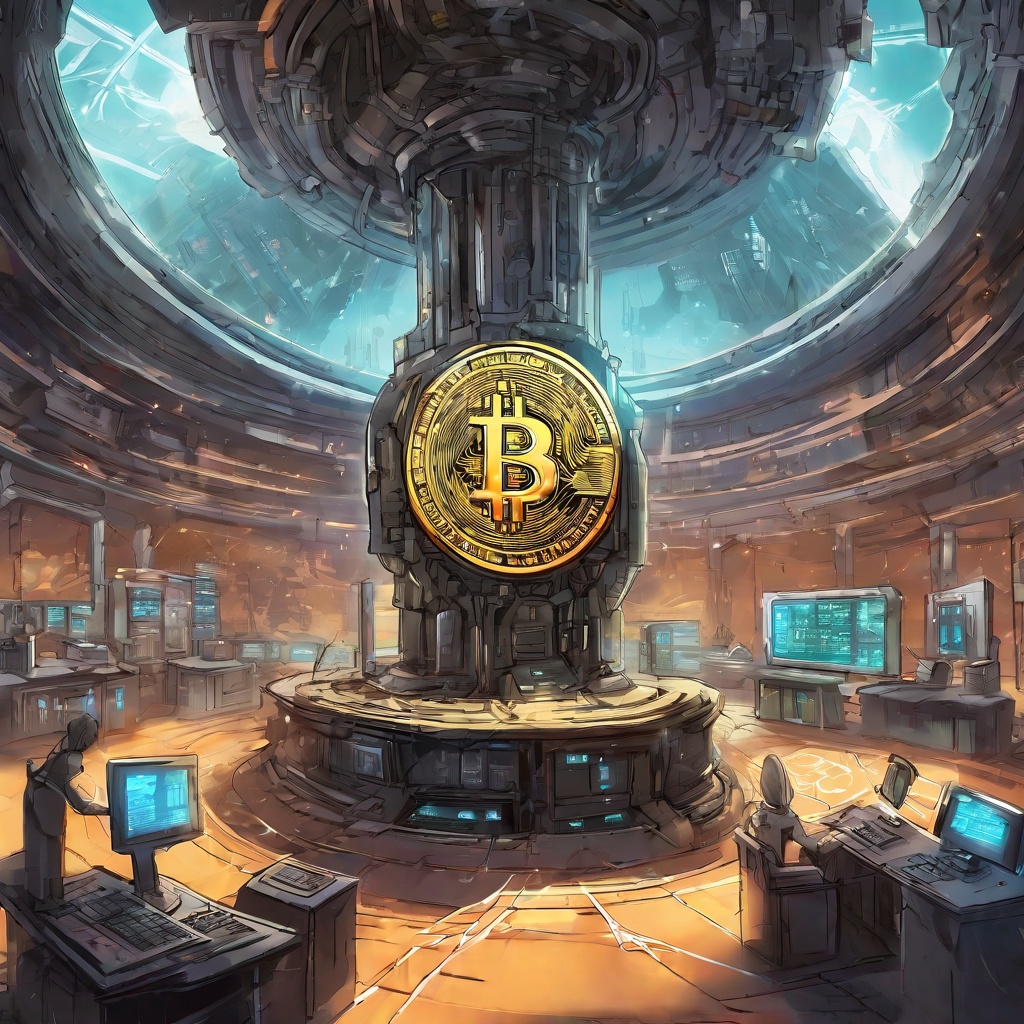Does Polygon burn coins?

6 answers
Was this helpful?
Was this helpful?
Was this helpful?
Was this helpful?
Was this helpful?

Was this helpful?
Was this helpful?
Was this helpful?
Was this helpful?
Was this helpful?